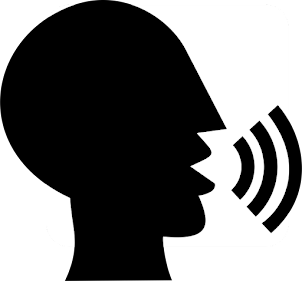Christmas time, according to many songs and movies, is supposed to be a time of heart warming, memory making, perfect gifts, and utter fulfillment. But if you’re a realist or skeptic or you’re in the midst of serious struggles (depression, grief, financial strain, heartbreak, abuse), the tunes and the redemptive plots are a nice escape, but you know the truth about how things really are.
And you’re right! Every effort to fabricate lasting joy and peace gets disrupted by bad moods, unexpected interruptions, poor choices, limited resources, and so on. Yet deep in our hearts, we know that there’s something those songs and shows are trying to get at, a fulfillment and wholeness that we honestly long for and know is the way it supposed to be.
Sometimes between “All I Want for Christmas is You” and “Have a Holly Jolly Christmas,” a song like “O Holy Night” makes the playlist with lyrics like:
“Long lay the world in sin and error pining
Till he appeared and the soul felt its worth
A thrill of hope, the weary world rejoices
For yonder breaks a new and glorious morn!”
“And she will have a son, and you are to name him Jesus,
for he will save his people from their sins.”
The angel announced to Joseph that something nuts was about to happen. God was fulfilling promises given to his people hundreds of years before. It was time for what the weary world had been waiting for! God was going to be born as a baby and salvation would come through him! What does salvation mean? It means God will dwell in his creation and make everything whole again! He repairs the divide sin created (see Genesis 3) through his son Jesus - who would ultimately die on a cross to atone completely for all the sins ever and rise from the dead, defeating death - and dwells with us forever. How does he want us to respond? By accepting his invitation to believe in Jesus, receiving the gift of salvation, and walking with him under his guiding (like a sheep with a shepherd) now and forever.
THAT is the source of real Christmas love, joy, hope, and peace, which can be had in any circumstances. Cleansing, restoration, healing, and transformation begin with the baby, called Immanuel, which means God with us. God with me. God with YOU!







